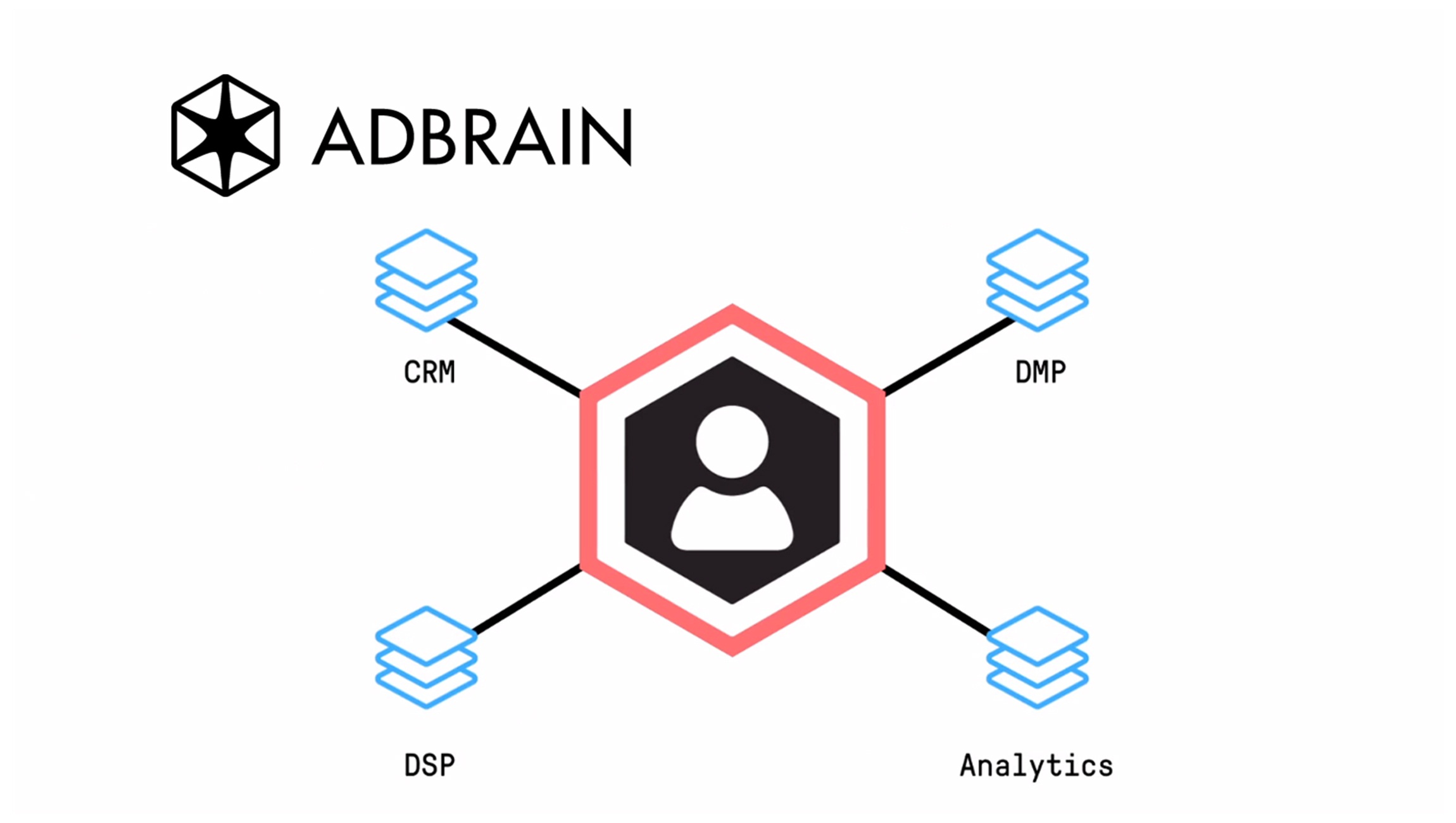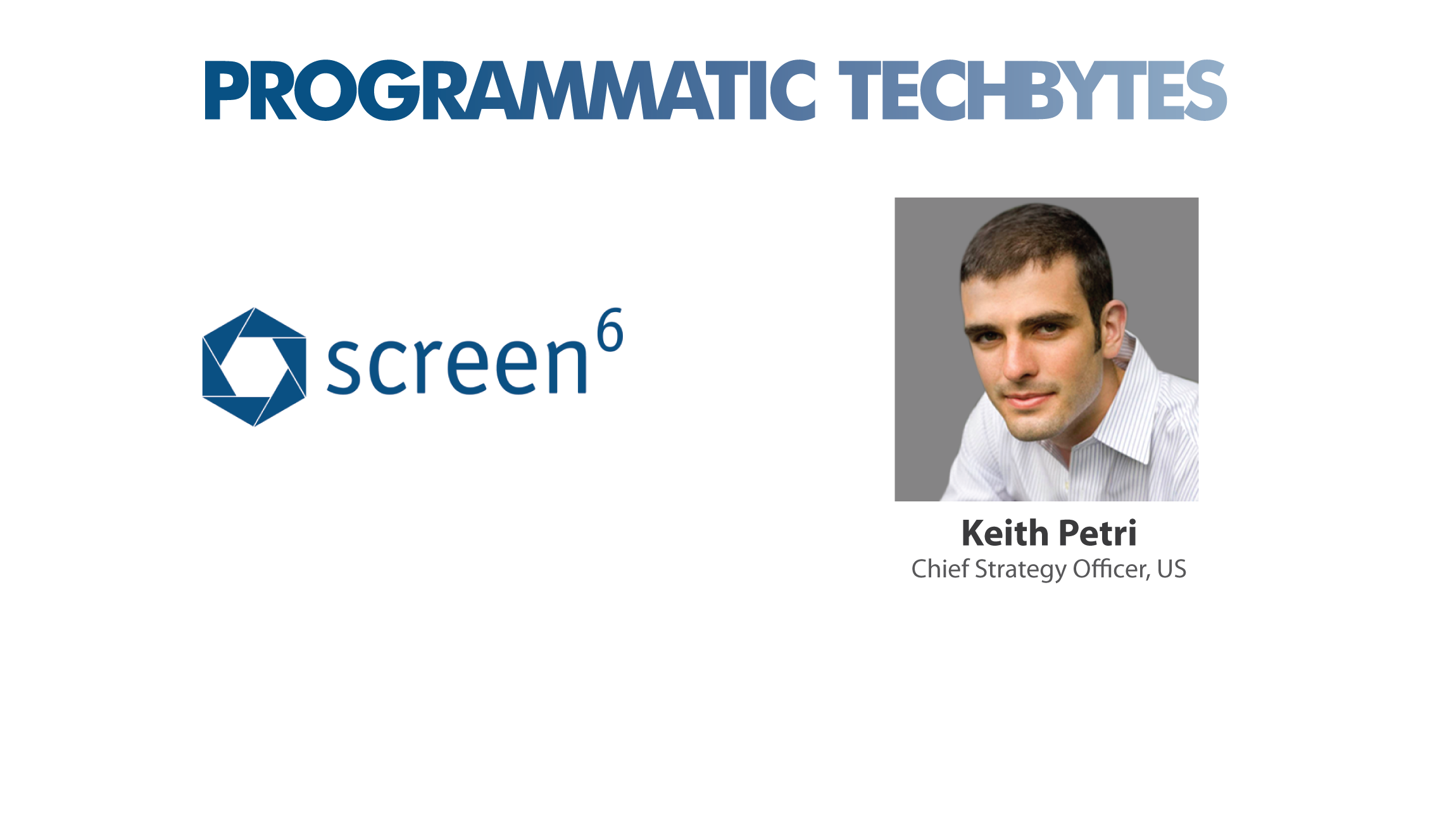On Marketing Technology
MTS: Tell us about your role and how you got here? (What inspired you to be a part of a technology innovation company?)
I’m currently the Chief Marketing Officer for Act-On Software. I started my career years ago in high tech at a small 30-person company in a web marketing role. Over the years, I held various roles in marketing, spending the bulk of my career leading product marketing and management teams at Stellent, Oracle, and Salesforce. Most recently, I was VP Marketing for the Salesforce Data.com business unit, eventually taking on the general manager (GM) role. Now as CMO at Act-On, I have a fantastic charter, focused on defining our go-to-market strategy, building the brand, generating demand, and expanding the customer relationship to impact retention, product adoption, and customer loyalty. It’s a role that’s rewarding as well as challenging – but I’ve been enjoying every minute.
I decided to make the move to Act-On for a few reasons. First, the market opportunity – the chance to enter one of the fastest-growing technology markets (marketing automation) and help steer a truly dynamic player in the space (a category-leader according to Forrester, four times recognized as one of Deloitte’s fastest-growing companies in North America). Second, the product – Act-On built an intuitive and easy to use marketing automation platform that customers loved, and that could scale to meet the needs of large implementations — supporting total database sizes in the millions. Third, the fun of the role itself. The best part about being CMO at a marketing automation company like Act-On, is that my team and I are essentially our company’s target buyers; we use our solution day in and day out. The entire company (from Tech & Products, to Sales to Customer Success) is interested in my team, the structure, our challenges, our successes, and how we solve problems and why. It gives us an opportunity to be our own best customer use case — and be a voice in helping to improve the platform for our customers.
MTS: Given the shifting dynamic of marketing automation toward delivering an enriched customer experience, how are modern marketing tactics identified, measured, tracked and reported for ROI?
The way we see it, marketing automation works best when leveraged as a shared workspace for a marketing organization – a centralized hub for programs across the key marketing functional goals (building brand awareness, driving demand generation, improving customer retention and creating upsell opportunities) – so it only makes sense to apply the technology and measure its impact by individual marketing functions. Brand marketing, demand generation, and customer marketing, each with their piece of the puzzle to mind, each with a segment of the customer journey to steward. And then ultimately tying it back to revenue, so marketers truly track and measure their impact to the company’s bottom line.
MTS: How should marketers plan the adoption of social selling and social media Account-based Marketing (ABM) to maximize their revenue opportunities?
We’ve found social selling and social media Account-Based Marketing (ABM) to be an effective tool for identifying and nurturing key stakeholders with content, within a given account. For targeting, identify people based on title, job level, and in a role to make or influence purchases. We’ve seen success when used at various stages of the funnel (top to bottom) – as long as the content offered is appropriate for that specific stage.
On the acquisition and awareness end, this might mean creating lists on LinkedIn based on titles you’re focused on (coordinators and managers active on the site, that list their credentials in their bios) and targeting ads accordingly; the same might apply when focused on customer retention, adoption, and loyalty end as well. For tracking existing customers, you can also use social tools such as Twitter to identify who has made support requests, identify potential advocates, and engage directly with people in a position to renew or renege on their contracts.
MTS: How do CMOs allocate budgets for audience segmentation and sales analytics to optimize all the stages of Customer Experience?
The Act-On marketing automation platform enables CMOs to personalize customer engagements at scale across the customer lifecycle (from the initial brand awareness, through purchasing, and then through customer renewal and advocacy). The solution also empowers CMOs to measure the impact of marketing efforts tied to a company’s revenue. With this platform, marketers segment their customer base using personas or behavior data, send messages and offers to individuals, and track engagement and impact to the pipeline. Additionally, Act-On is continually adding new capabilities that will allow marketers to build Adaptive Journeys leveraging Machine Learning to understand buyers’ behaviors, preferences, and interests, and automatically adapt messages, timing, and delivery channels to the individual. When this level of insight into message and segment engagement becomes available, CMOs can make better budget allocation decisions.
MTS: What’s the biggest challenge that CMOs need to tackle to achieve transparency and brand safety in their omnichannel marketing campaigns?
I think it’s important to have some level of centralized ownership and structure for your marketing tech stack. With the number of technology point solutions that are available in the marketplace and the ease of subscribing to all the various services — it’s easy for departments to wind up with scattered technologies across the department. The challenge is that marketing and branding assets end up being stored across these systems and campaigns are created and executed across so many different systems. And if there is no centralized oversight or centralized engine to manage customer engagement — it becomes difficult to see all the issues and ensure that you have the correct branding and messaging across all the channels.
MTS: What startups are you watching/keen on right now?
I think all the startups in the predictive analytics space are interesting and fun to watch.
MTS: What tools does your marketing stack consist of in 2017?
We’re big believers in drinking our own champagne, so we use Act-On’s adaptive marketing automation platform as a centralized hub for our brand marketing, demand generation, and customer marketing programs. This functions as the foundation to my martech stack which connects to other technologies including: web content management, CRM, tools for A/B testing and analytics, connectors for account-based marketing, data enrichment and cleansing tools, email signature marketing, web conference tools, video platform, live chat, predictive analytics, SEO software, and a customer content platform.
MTS: Could you tell us about a standout digital campaign? (Who was your target audience and how did you measure success?)
This past year, we decided to rethink our approach to marketing automation – to identify new use cases for the technology and a supporting framework for content. Our goal was to engage and better support CMOs at mid-market companies. We had seen these leaders increasingly tasked with stewarding the customer experience at every stage (awareness, acquisition, retention, expansion). We wanted to better highlight how our marketing automation platform could support the organizations at this level.
We first started with a survey of more than 250 senior-level marketers nationwide (both B2B and B2C firms). We wanted to find out how they prioritized their programs – if demand generation (historically where MA was best applied) won out, or if there were other functions that took its place. Next, we created a benchmark report summarizing the findings, converted into whitepapers, webinars, even a podcast series. The result? A broader framework that showcases the value of marketing automation beyond demand generation – from building brand, to generating demand, and expanding the customer relationship.
Assets specific to brand marketing, demand generation, and customer marketing instantly outperformed expectations – for syndicated brand content, 1600+ page-views and 1000+ unique visitors in just a month’s time; 580+ page-views and 960+ unique visitors for syndicated demand content in the same period; 500+ page-views and 550+ unique visitors for syndicated expand content, also in that window. In the year since the campaign’s launch, web leads rose by 19 percent, and the total number of mid-market leads (the campaign’s target) rose more than 70%. Renewals increased, with marketing driving 76% of the total pipeline. This was a successful digital campaign and these efforts better positioned Act-On as a critical solution for mid-market CMOs.
MTS: How do you prepare for an AI-centric world as a marketing leader?
AI is going to have a huge impact on how we work, the customer journeys we build, and the programs we run in the future. I don’t believe AI will replace marketers, but these new tools and systems powered by machine learning will become more of a “co-pilot” to help us make better decisions and do some of the heavy lifting so that we can be more creative and strategic. But if you think about this new world of marketing, algorithms will help us make decisions based on a variety of data (customer profiles, engagement data, product information, usage data, etc.). Marketing leaders need to make sure the company is set up to take advantage of this, gain a competitive edge, and generate more revenue. To do this, they must put in place the right marketing tech stack. Implementing a marketing automation platform as the foundation is key – so that companies can start tracking, scoring, measuring, connecting and learning from customer and prospect interactions. Understanding their engagement with key messages, channels and timing is important. Plus connecting this engagement data to customer data (CRM system) is essential so that marketing leaders can have a holistic view of the customer journey across influencers, prospects and customers. And finally, marketing leaders need to make sure that as their organizations continue to grow, they stay vigilant in maintaining great data quality. Because if one day algorithms will use this data to make decisions, they will want it to be based on accurate information.
This Is How I Work
MTS: One word that best describes how you work.
“Collaboratively.” Teamwork makes the dream work!
MTS: What apps/software/tools can’t you live without?
Google Maps, Waze, Evernote (with Skitch), LastPass, FlyDelta App, Lyft App, Google Calendar (most importantly the ability to share calendars) and Google Contacts.
MTS: What’s your smartest work related shortcut or productivity hack?
I have my assistant block out half a day every other week – we call them “Michelle Days.” Basically, it gives me an opportunity to better manage my time and get things done. If I don’t take the time to structure my calendar, it’s easy to suddenly have every day filled up with back-to-back meetings. This ensures that I prioritize time to think through challenges, build out plans, develop new strategies or simply research and get caught up on trends in the industry.
MTS: What are you currently reading? (What do you read, and how do you consume information?)
I’m currently reading The Atlantic monthly magazine on the airplane. I also just purchased a book called “Raising Your Spirited Child.” 🙂 I consume information through so many channels – email, website searches, Google News, Facebook, Twitter, LinkedIn, books and magazines.
MTS: What’s the best advice you’ve ever received?
“The only thing you have complete control over – is how you choose to respond to something.” We don’t fully control events in life, their outcomes, what others think or how they feel. The more you try to control these things, the more “out of control” and frustrated you become. For example, you can make someone apologize, but you can’t make them feel remorseful. If you need remorse to feel better – you could end up very disappointed. If you let accidents, failures, and negative comment from others ruin your day or make you stressed out, angry, or upset – you let other people and the situation have power over you. Realize that you choose what actions you need to take and how you want to interpret the intent of others and the situation. It is very empowering. You can always choose happiness. Your response is your responsibility. I believe knowing this and doing this can make a huge difference between success vs. failure.
MTS: Something you do better than others – the secret of your success?
I believe in being positive and focusing on the positive. There are a lot of ups and downs in life and in your career. It takes work to maintain, but it’s remarkably helpful in building coalitions, collaborating across departments, leading teams, powering through challenging times, and giving yourself the courage to continue taking risks after failures.
MTS: Tag the one person in the industry whose answers to these questions you would love to read:
Andy Zimmerman, Evergage CMO
MTS: Thank you Oliver! That was fun and hope to see you back on MarTech Series soon.
Michelle is Act-On’s Chief Marketing Officer, and oversees the company’s brand, demand, and customer expansion marketing efforts. Michelle comes to Act-On with 17+ years’ experience helping market leading companies, including Salesforce and Oracle, connect customers with technology solutions to grow their business. Most recently, Michelle was GM of Salesforce’s Data.com division after having served as the VP of Marketing for the group. Prior to her tenure at Salesforce, Michelle was a Senior Director at Oracle and a Senior Product Marketing Manager at Stellent (acquired by Oracle). She holds a B.A. in Business Administration from the University of Washington.

Act-On Software, Inc. is the leading adaptive marketing automation provider for fast growing businesses.
Act-On provides a cloud-based integrated marketing automation platform that enables businesses to effectively acquire customers, build loyalty and expand their relationships with these customers.
At Act-On, we love marketing as much as you do. We are a marketing automation company with a passion for helping you, the marketer, do the best work of your career. As a mark of our innovation, we created the only workspace that powers the customer experience from end-to-end. From brand awareness and demand generation, to retention and loyalty, our technology enables all marketers to drive better business outcomes. Our platform is built with powerful capabilities to help you deliver results quickly – without the need for a dedicated IT resource. Every marketer has a great campaign inside of them – let’s work together to launch it to the world. It’s time to Act-On!
The MTS Martech Interview Series is a fun Q&A style chat which we really enjoy doing with martech leaders. With inspiration from Lifehacker’s How I work interviews, the MarTech Series Interviews follows a two part format On Marketing Technology, and This Is How I Work. The format was chosen because when we decided to start an interview series with the biggest and brightest minds in martech – we wanted to get insight into two areas … one – their ideas on marketing tech and two – insights into the philosophy and methods that make these leaders tick.











